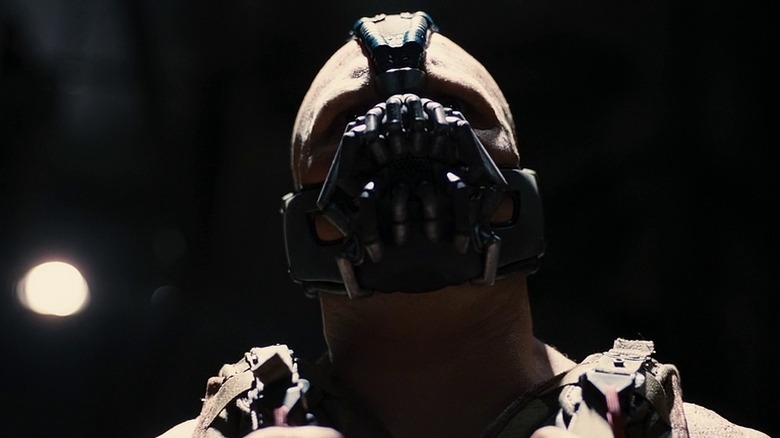Why Movie Dialogue Has Become So Hard To Hear – A Video Essay
A few days ago, we published a feature called "Here's Why Movie Dialogue Has Gotten More Difficult to Understand (And Three Ways to Fix It)." In it, I spoke with several key members of the Hollywood sound community to get their perspective on the problems the industry is facing today and how those problems trickle down to audiences, both in theaters and at home. They shared some terrific insights, and now we've adapted the article into a video, which you can watch below. But as is often the case when reporting a big story like this, there was some material that didn't make it into the final piece, and I want to share some of that with you here.
Why Movie Dialogue is Difficult to Understand
One thing you won't find in the original article or this video is an observation made by Mark Mangini, the Oscar-winning sound designer of "Mad Max: Fury Road," "Blade Runner 2049," and "Anchorman: The Legend of Ron Burgundy." He suggested another possible way to combat the lack of intelligibility in movies is to incorporate questions about dialogue into audience preview screenings.
Most movies will be shown — often with unfinished visual effects and temp music — to several small groups of audiences long before they hit theaters, so those audience members (who mostly people off the street) can provide feedback that theoretically help the filmmakers address any problems before the film is officially completed. But there's a problem with the way that feedback is gathered: the people collecting the data don't specifically ask if audiences can understand what they're hearing.
"Those polls never have that one crucial sentence that you and I need to have on those polls, and that is: 'Did you understand the dialogue?'" Mangini told me. "[They] ask circuitous questions: 'Did you understand the plot? What was character X's motivation?' That gives us a shallow insight. But if you don't come out and say, 'Did you understand the dialogue?', we may not know that an entire scene was lost on an audience."
I reached out to one of the leading test screening companies and asked about the possibility of getting a question like that added to the forms that they hand out to their focus groups. I won't quote their entire response here, but to paraphrase, they essentially said that it's not up to them — the burden falls squarely on their clients (i.e. the film studios) to ask for a question like that to be added. You hear that, Hollywood? Ball's in your court.
Obviously getting a question or two added to some audience questionnaires is not going to completely solve the issue of dialogue unintelligibility. But if I learned anything writing that feature and working on this video, it's that this issue is so multifaceted that creating any more opportunities for feedback during the process could go a long way toward improving it for audiences.
